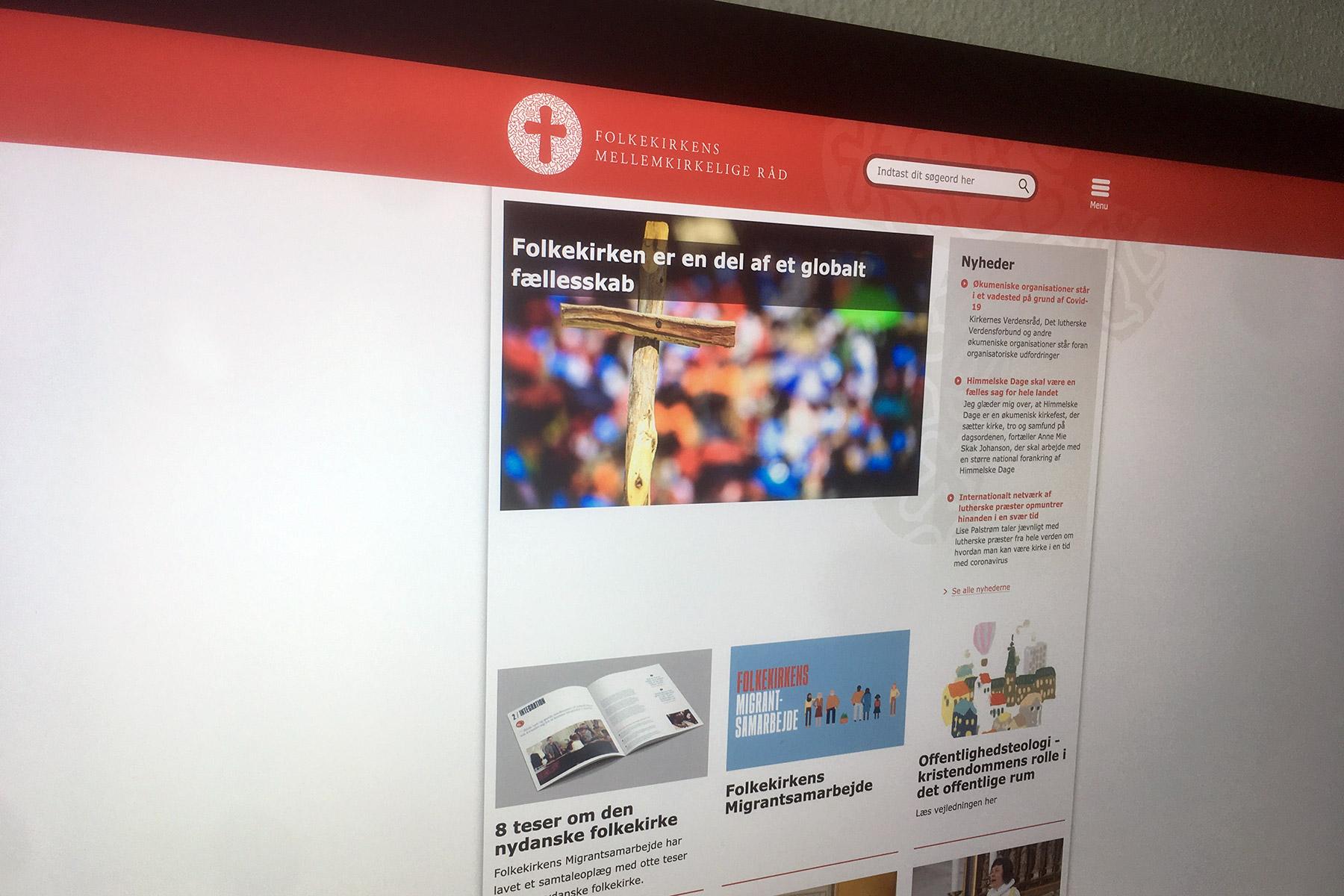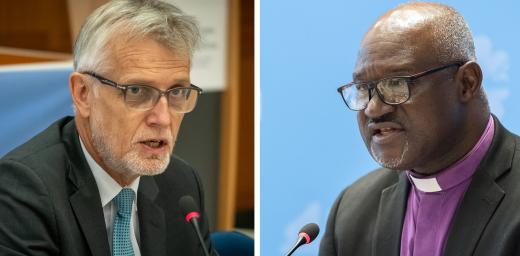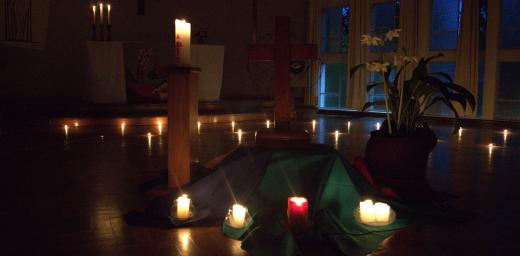COVID-19: "Push for digital engagement” in Denmark

Congregations in Denmark have increased their online presence during the lockdown. Photo: LWF/ S. Gallay
Interchurch council of ELCD shares learnings on ministry during the lockdown
(LWI) - New networks and new methodologies of working are some of the learnings which churches and faith-based organizations have shared following the lockdown and church building closures during the COVID-19 crisis.
The Interchurch Council of the Evangelical Lutheran Church in Denmark shared its “Learnings for churches and organizations in digitalization during COVID-19 lockdown”, summarizing first findings and inviting to “rethink our ways of working and communicating with partners in the post-epidemic period.”
New methods of working together
Like in many churches, the change from physical services to the digital sphere proved to be a challenge for church ministry. As there were general guidelines on closing the church buildings, but “little guidance on digital worship,” this opened space for experimentation: blog posts, live streaming of events, virtual meetings, Sunday school through recorded videos are some of the examples given.
“The physical isolation led to a push for digital engagement and local parishes as well as organizations were challenged to quickly adapt to new methods of working together,” the study finds.
Re-think audience and international meetings
A more in-depth report is still being prepared, but the interchurch council already shared three main lessons already identified. First, the developments during the lockdown made it necessary to re-examine and adapt the current digitalization strategy for the national church. Second, online engagement showed how important it is to know the audience. The Interchurch council identified “a need to continue developing digital methods for knowledge sharing and dissemination of insights beyond our normal national network”.
The third finding touches especially on the topic of international partners and networks. The study found that the shift to digital platforms did not hinder “but rather facilitate” good project work. “The traditional ways of ecumenical organizations to structure their work around time consuming and costly physical meetings might need revision,” the paper formulates.
Increased engagement and interaction
In many meetings, an online setup brought new, positive dynamics to the table, the study finds. “In our own organization, our experience was that it was not harder but actually easier to schedule meetings with short notice and with good attendance,” the paper says.
Rather than limiting interaction, the transition to digital events stimulated interaction and work in the group, which now became quite active.
One example was an ecumenical working group which scheduled eight online meetings to replace a face-to-face meeting – with good results: “Rather than limiting interaction, the transition to digital events stimulated interaction and work in the group, which now became quite active.”





